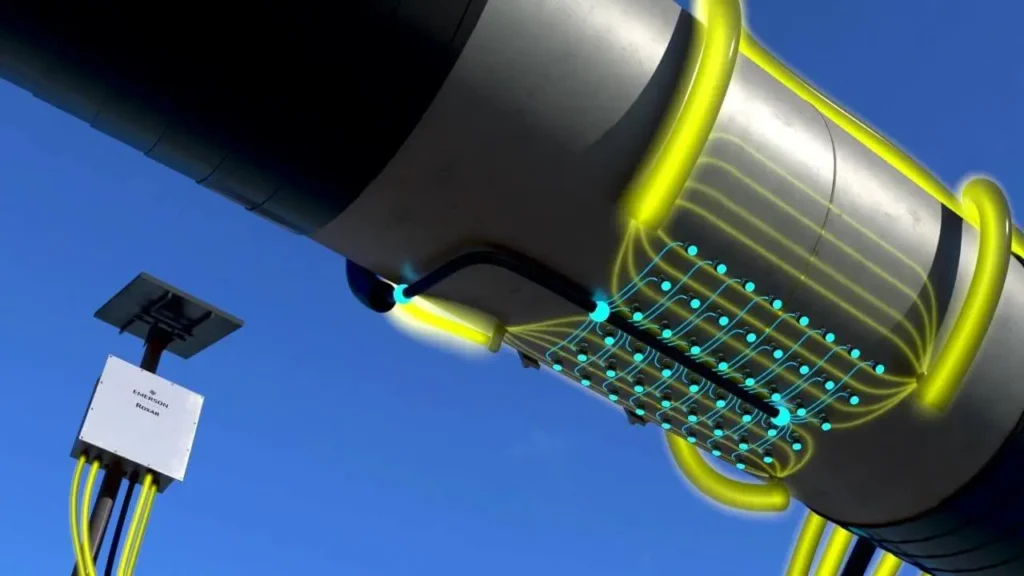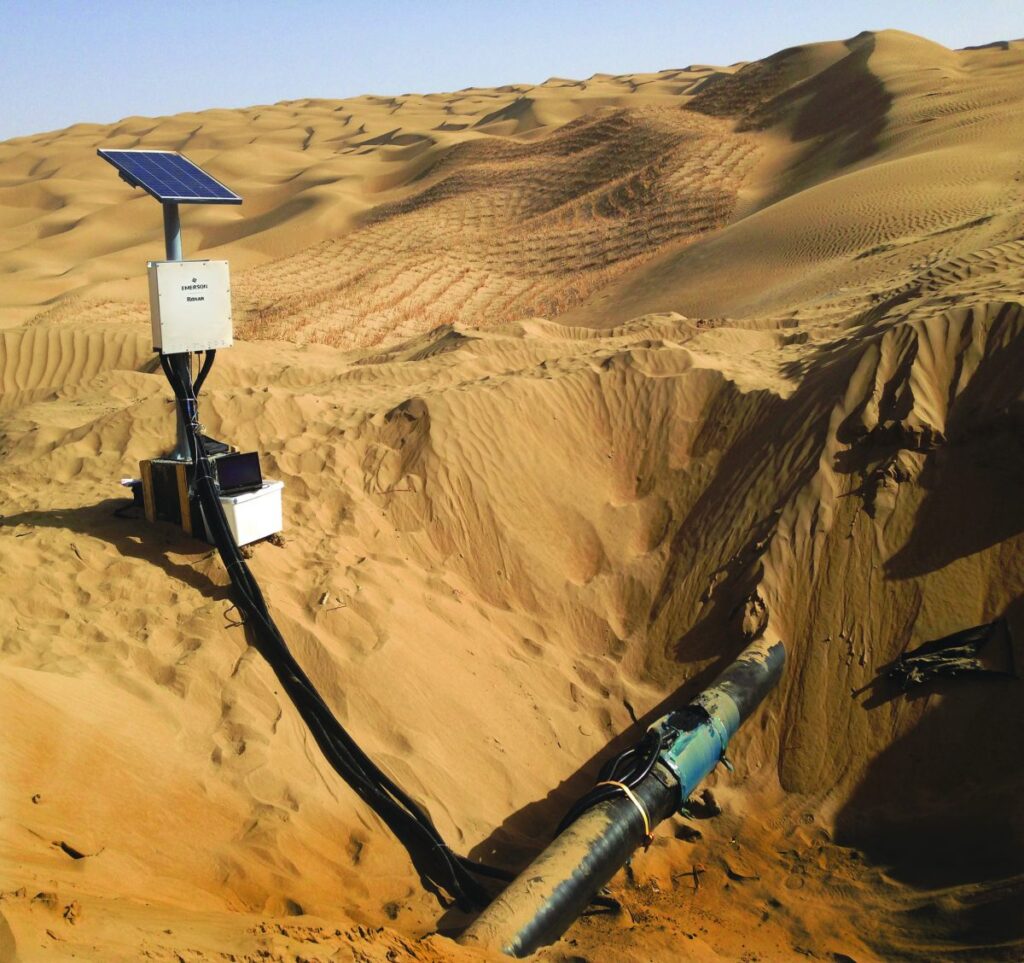As the Middle East intensifies its push toward sustainability and industrial resilience, the demand for eco-friendly corrosion inhibitors is gaining momentum across oil, gas, water treatment, and infrastructure sectors.
Why It Matters
Corrosion poses a major challenge in the region’s harsh environments — from salt-laden coastal air to high-temperature desert climates. Traditionally, industries have relied on chemical-heavy inhibitors, many of which pose environmental and safety concerns.
Now, with stricter environmental regulations and ESG-driven strategies, companies are transitioning to green corrosion inhibitors that deliver protection without compromising sustainability goals.

Key Trends Driving Adoption
🔹 Environmental Compliance
Governments across the GCC are tightening environmental standards, especially in sectors like oil & gas and water desalination. Biodegradable and non-toxic corrosion inhibitors are increasingly preferred over hazardous alternatives.
🔹 Water-Based Formulations
Many new-generation inhibitors use water as a base solvent, eliminating the need for volatile organic compounds (VOCs) and reducing harmful emissions.
🔹 Bio-Based Innovations
Researchers and industry leaders are exploring plant-based and waste-derived corrosion inhibitors. Natural extracts like tannins, amino acids, and polysaccharides are being trialed as effective, sustainable alternatives.
🔹 Digital Monitoring & Smart Dosing
Integration of IoT-enabled corrosion monitoring allows for real-time dosage control, reducing overuse of chemicals and minimizing environmental footprint.
Regional Spotlight: Industry Leaders Taking Action
- Saudi Aramco is investing in research partnerships to develop green inhibitors for upstream and midstream applications.
- ADNOC is evaluating biodegradable solutions for pipeline protection and desalination plants.
- Startups across Oman and the UAE are commercializing eco-friendly inhibitors tailored for localized conditions.
Challenges and the Road Ahead
Despite growing interest, adoption is slowed by:
- Performance validation under extreme conditions
- Cost differentials compared to conventional products
- Limited standardization across industries
However, as pilot programs prove viability and costs decline, green inhibitors are expected to become mainstream, supported by regional sustainability goals like Saudi Vision 2030 and the UAE Net Zero 2050 initiative.
Conclusion
The rise of sustainable corrosion inhibitors in the Middle East reflects a broader industrial shift — balancing operational reliability with environmental responsibility. As the region continues to modernize its infrastructure and energy systems, green corrosion control will play a central role in building a more sustainable future.


